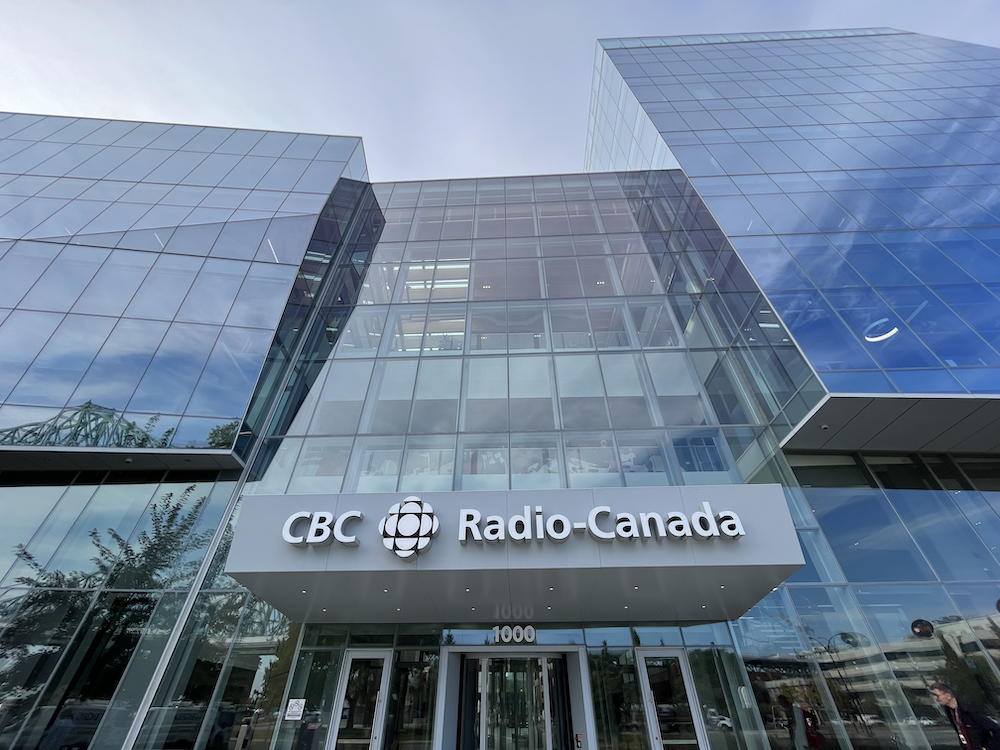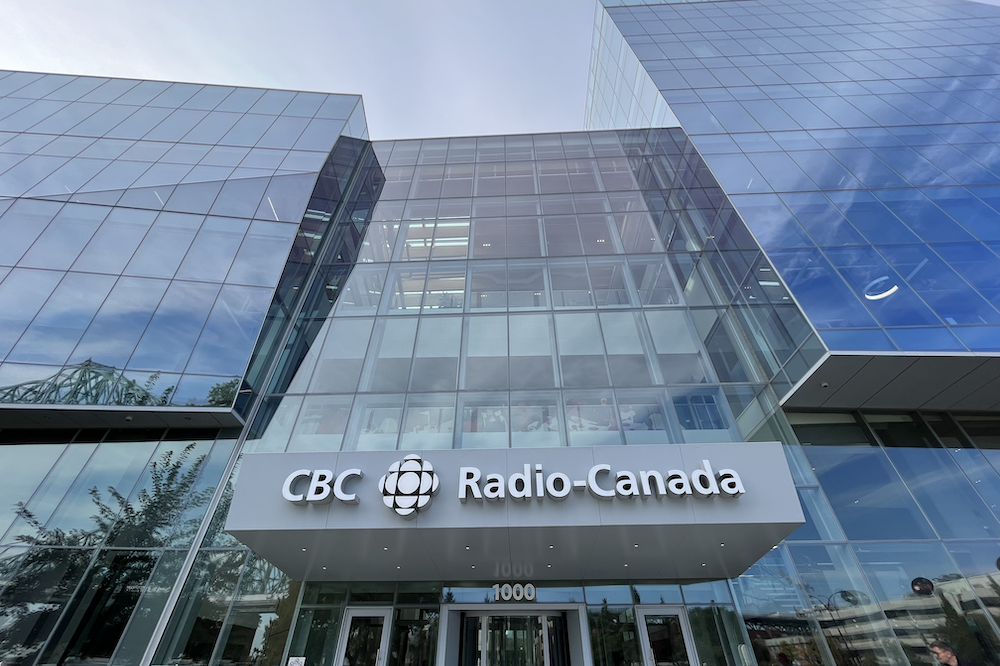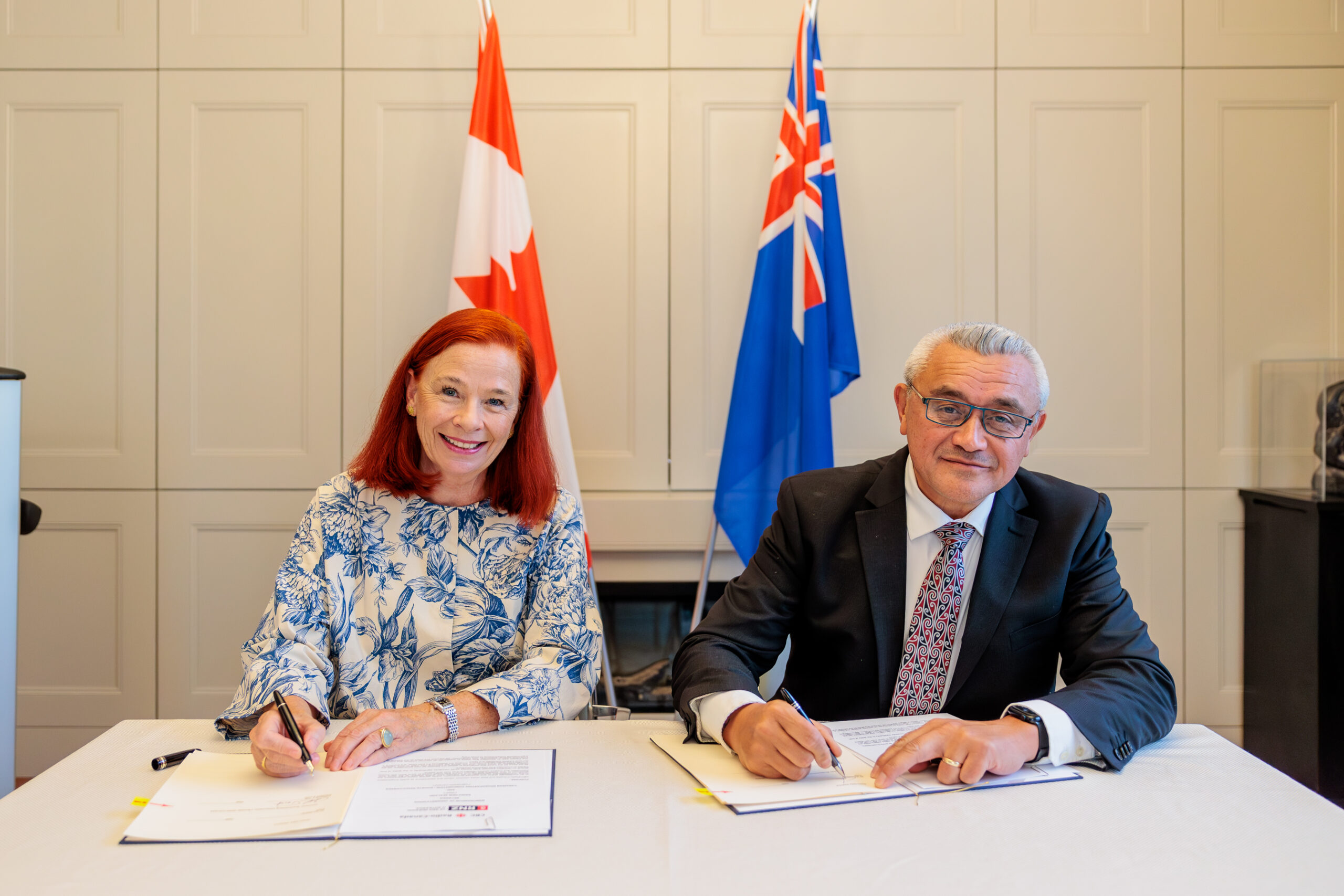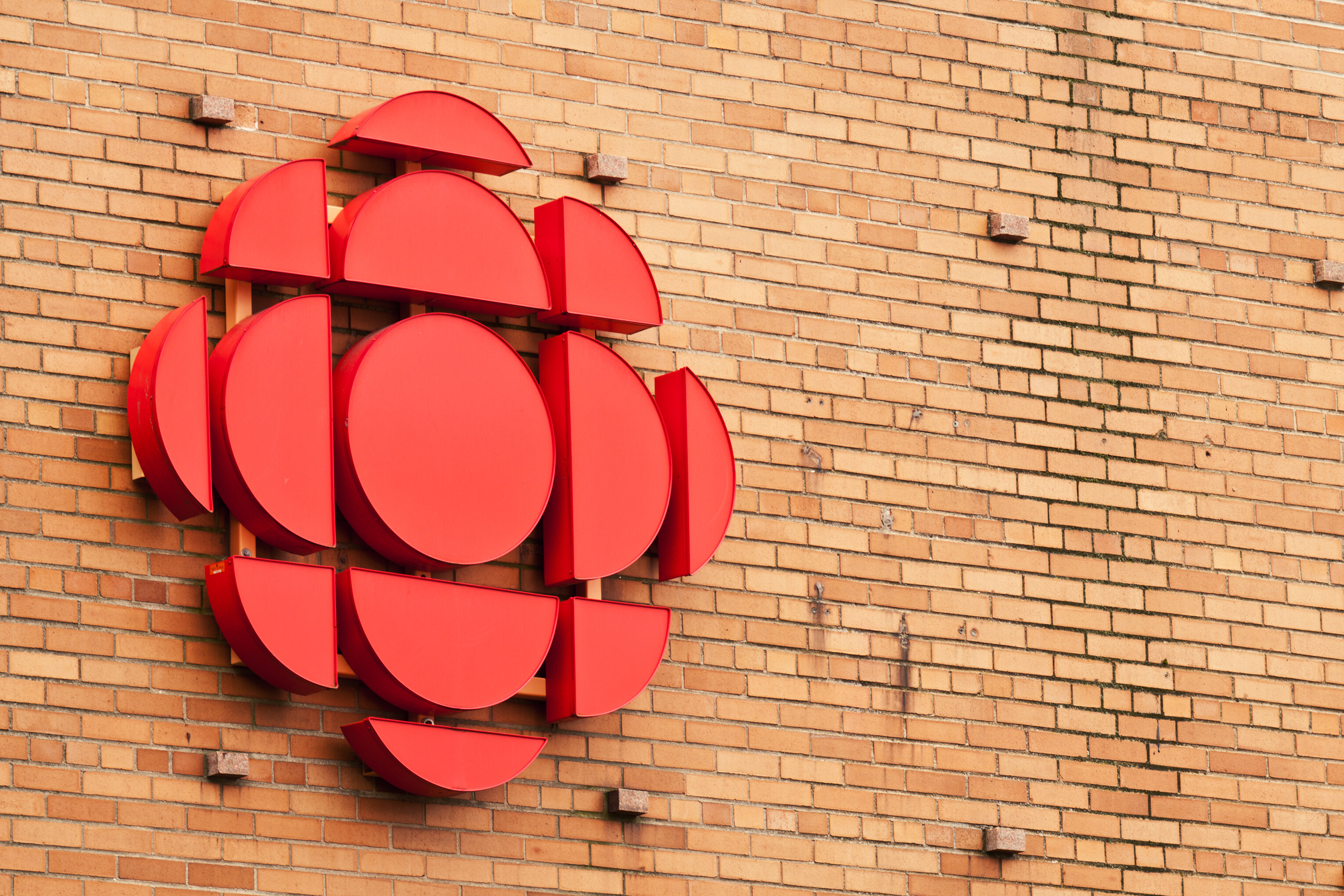CBC/Radio-Canada welcomes Google deal
30th November 2023
The tech giant will pay around C$100 million to news companies in Canada, as a result of a deal reached with the Federal Government.

IN BRIEF:
- Google and Canada’s federal government have agreed a deal which will see Google pay around C$100 million to subsidise news media in Canada.
- The amount, however, is C$72 million less than the government’s initial valuation.
- Meta has maintained its position of stopping all news services on its platforms, to avoid paying.
- It comes as both public and private media face growing pressures on their financial viability due, in part, to the enormous percentage of digital advertising revenue absorbed by digital giants.
IN FULL:
Canada’s public service broadcaster, CBC/Radio-Canada, has said it is “very pleased” a deal has been reached between the federal government and Google. The agreement will see the tech giant pay C$100 million, which will be distributed across Canadian news media.
“This agreement marks a very important step towards building a healthy news ecosystem for Canadians”, CBC/Radio-Canada said in a statement. “We look forward to the next steps in these discussions.”
The announcement comes just three weeks ahead of the 19 December deadline for the Online News Act (or Bill C-18) to come into effect. The law, passed in June, followed the Australian News Media Bargaining Code in compelling digital platforms to pay fair compensation to news media companies for hosting their content on their platforms.
Read more: Meta ends news availability for Canadians
However, the law has been marred with controversy due to the response from Meta (the parent company of Facebook and Instagram), which started turning off news access for millions of Canadian users across its platforms after the law gained Royal Assent.
A C$72 million difference
Google had similarly threatened to stop news access but continued to engage with the Canadian government to find a resolution, which appears to have been found.
“We are pleased that the Government of Canada has committed to addressing our core issues with Bill C-18,” Kent Walker, Google’s president of global affairs said in a statement, reported by CBC.
Prime Minister, Justin Trudeau and Heritage Minister, Pascale St-Onge, also welcomed the announcement. “After months of holding strong, of demonstrating our commitment to local journalism, to strong independent journalists getting paid for their work … Google has agreed to properly support journalists, including local journalism.”
The valuation of how much Google should compensate news providers has also been a point of contention, with the Canadian government earlier valuing Google’s contribution at C$172 million.
This amount was criticised by the Center for Journalism & Liberty, which is affiliated with the Open Markets Institute, and aims to ensure that news media is “fully independent and robustly funded in the 21st century’s digital economy.” In a post on X, the organisation said “$100 million still greatly undervalues Google’s use of news content,” and accused Google of leveraging “its threat to cut off news service in Canada to cut this deal. That isn’t tenable.”
Meta, meanwhile, said they were unchanged in their position, and pointed to the fact that, “unlike search engines, we do not proactively pull news from the internet … we have long been clear that the only way we can reasonably comply with the Online News Act is by ending news availability for people in Canada.”
News Media Canada, the association of commercial news media, also welcomed the decision, their CEO, Paul Deegan, commending Google “for their good faith, socially responsible approach”.
The Online News Act only affects digital platforms with 20 million monthly unique users, which only applies for Google and Meta in Canada.
Listen toour podcast
Uncovering and exploring the biggest
issues facing public media
Addressing media viability concerns elsewhere
There are other efforts within Canada to bolster local and regional journalism. The Canadian government recently announced a Canadian Journalism Labour Tax Credit which increases the amount publishers can claim back in tax, depending on how many journalists they employ.
Paul Deegan of News Media Canada responded positively, saying the changes recognised “the extremely difficult state of the industry and today’s realities of attracting and retaining talent, and reward publishers who invest in and grow their newsroom.”
However, as outlined in The Hub, this could mean that half of a commercial newsroom is funded via the government. “We’re pretty close, by my estimation, to a 50 percent wage subsidy on journalist salaries up to $85,000 per year,” said Rudyard Griffiths, executive director of The Hub.
Without suitable protections and transparency, the prospect of subsidies for private media can raise questions regarding independence and has potential ramifications for trust in news if audiences perceive a government to be buying coverage.
“After months of holding strong, of demonstrating our commitment to local journalism, to strong independent journalists getting paid for their work … Google has agreed to properly support journalists, including local journalism.” – Justin Trudeau, Prime Minister
Further, it could incentivise opposition politicians who accuse the media of being “bribed”. This recently occurred in New Zealand, where the new Deputy Prime Minister accused the media of receiving “[NZ]$55 million of bribery” from the previous government, referring to the Public Interest Journalism Fund, which was designed to support private media during the Covid-19 pandemic.
But in the face of dwindling advertising revenue, where else are private media supposed to turn to raise extra cash?
Press Gazette recently reported on an innovative new partnership between The Guardian and Sony Pictures, which would give Sony “‘exclusive first rights’ to adapt Guardian journalism into film and television dramas and documentaries.”
Google and Meta the target for extra funds
Making multinational digital platforms – which absorb a disproportionate amount of digital advertising revenue – subsidise news media continues to be one of the most popular ideas for ways of supporting the financial viability of news media.
In Canada, Google and Facebook “capture 80% of all digital advertising revenue in Canada,” CBC/Radio-Canada’s CEO and President, Catherine Tait, said in a recent speech. “By comparison, CBC/Radio-Canada’s share is less than one percent.”
A recent study from Poynter claimed that Google and Meta collectively owe US publishers around $14 billion.
When such a critical source of revenue – advertising – is no longer on offer to either public or private media, there are serious ramifications. Since 2005, there’s been a decline in both newspapers and newspaper journalists by 33 and 66 percent respectively in the US. Ireland’s RTÉ, which acquires 40% of total revenue through advertising, recently warned it was facing insolvency, and needed a government bailout.
Initiatives to target tech platforms are now underway in countries such as Brazil, South Africa, New Zealand, and Malaysia. Follow the Center for Journalism & Liberty’s Fair Compensation Tracker here.
“We welcome this agreement as a significant step in the right direction. However, much more needs to be done to ensure that all eligible platforms not only compensate independent news media, but ensure that Canadian citizens can access sources of quality news and information.”
– Kristian Porter, CEO of the Public Media Alliance

Related Posts
23rd August 2023
Meta urged to restore news for wildfire-affected communities
CBC/Radio-Canada has called on Meta to…




